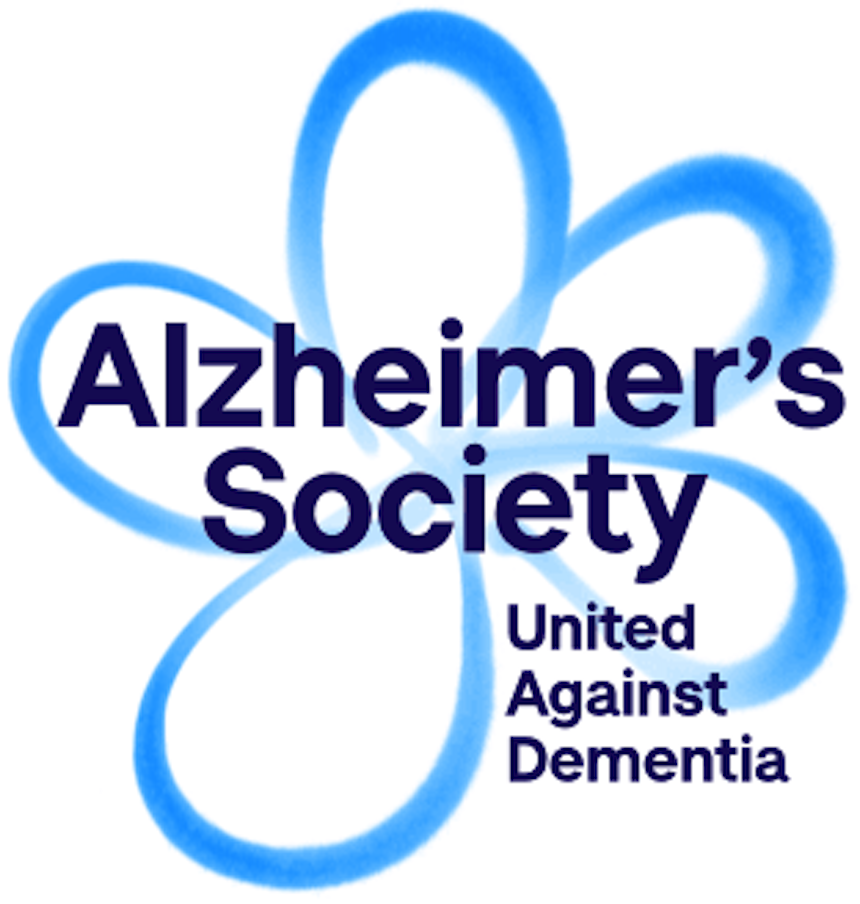Depression
Many people with dementia experience mood changes throughout the course of the disease, and sometimes they can lose or limit the ability to control their emotions. They may lose interest in activities they used to enjoy, withdraw from people or activities or become depressed. Depression is a medical condition where you feel sad, hopeless or irritable. The feelings of sadness and hopelessness can start to dominate the person’s life and make it difficult to cope. They can also experience physical symptoms, such as loss of energy and appetite changes. It’s not unusual for people with dementia to experience depression at some point. Depression can be similar to symptoms of dementia, therefore making the diagnosis difficult to discover. Sometimes depression even makes the symptoms of dementia worse, such as increased forgetfulness, confusion, and anxiety.Depression can respond to treatment, therefore it’s important to diagnose depression in people with dementia.Schedule regular physical exercise. Exercise can help stimulate the persons mood positively. Try to find ways to exercise that fit the persons abilities. Encourage pleasant activities. Try to find activities that the person enjoys and is still capable of doing.Schedule regular activities with other people. Social isolation can make depression worse. Try to encourage activities with other people, regular visits etc. that the person is comfortable with.Set realistic expectations. Don’t make a long list of activities, plans and exercises. The person may feel frustrated and discouraged if there are too many expectations.Keep a daily routine. Being predictable in daily routines can make it easier for the person to cope. Take advantage of the person's best time of day to undertake difficult tasks, such as bathing. Make appropriate changes to the person’s environment. The environment can have a big impact on the person’s well-being. Try reducing lights, noises or avoid areas with large groups of people to see if that makes an impact on the persons mood.Try to introduce therapy. Maybe the person will find it helpful to attend counselling, cognitive behavioural therapy or group therapy?Acknowledge the person's feelings. Make sure the person knows you acknowledge their feelings but continue to express hope for the person to get better. Celebrate small successes and occasions. Don’t let the person focus on everything that’s negative or difficult in their life. Find ways to celebrate small successes and occasions and show the person that they continue to contribute to family life.Provide reassurance that the person is loved. When life is difficult and the person with dementia feels hopeless or sad, its much appreciated and needed that you continue to tell the person that they are loved, respected and a part of the family. Antidepressant medications may help. Talk to the person's doctor about the options.
Schedule regular physical exercise
Encourage pleasant activities
Schedule regular activities with other people
Set realistic expectations
Keep a daily routine
Make approriate changes to the persons' environment
Acknowledge the persons' feelings
Celebarete small successes and occations
Try to introduce therapy if appropriate
Provide reassurance that the person is loved
Contant the persons' doctor about medication if appropriate




https://www.dementiaguide.com/
Comments
Sign in or become a DemiCare member to join the conversation.








